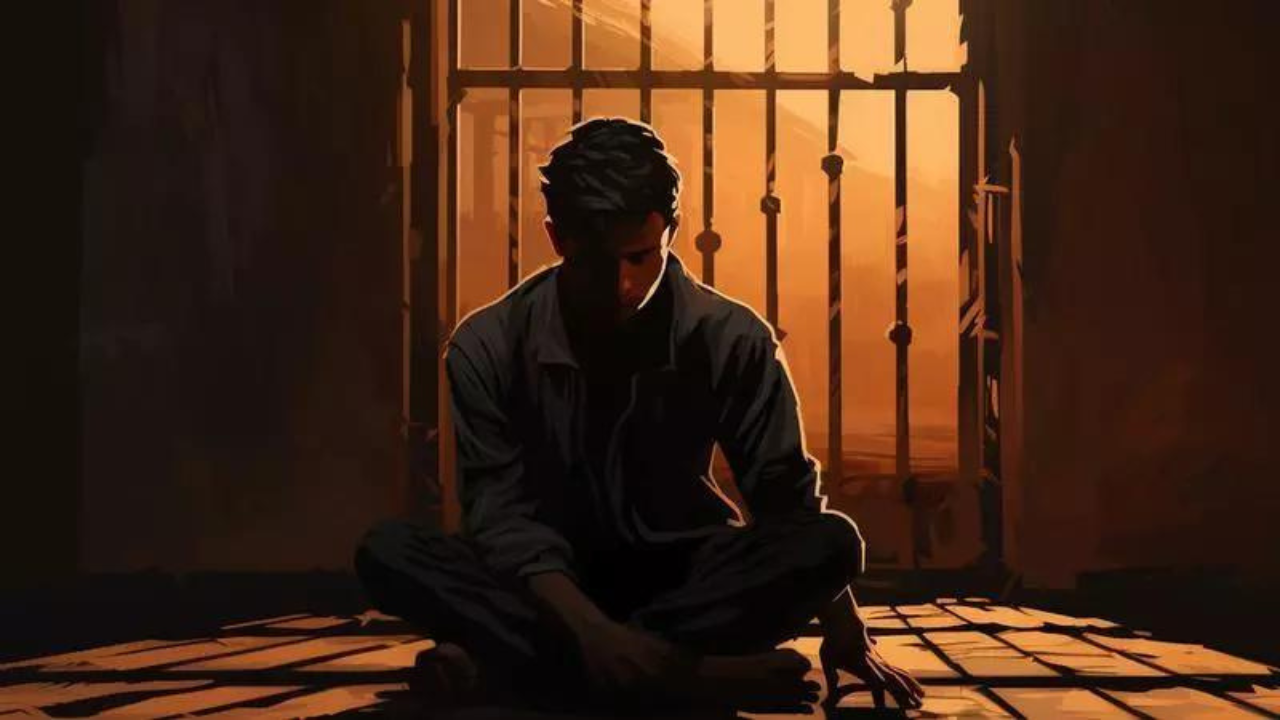Odisha Prison: From Crime to Commerce – A Remarkable Transformation
Get ready to be amazed! A century-old prison in Odisha is breaking barriers and rewriting the narrative of incarceration. Forget bleak cells and despair; this prison is a hub of entrepreneurial activity, transforming inmates' lives through skills training and small-scale industries. It’s a story of hope, rehabilitation, and the incredible potential for human transformation – one that’s making national headlines and inspiring change across the prison system.
From Confinement to Craftsmanship: Skill Development Takes Center Stage
This isn’t your typical prison. Inmates aren't just serving time; they’re learning valuable skills and building businesses! The prison offers vocational training in weaving, vegetable farming, tailoring, and metal fabrication. It's a masterclass in repurposing human potential. This unique initiative provides inmates with the tools to succeed beyond the prison walls and live productive lives upon release. This transformative approach not only benefits the inmates but also contributes to the local economy. These aren't just menial tasks; the prison offers focused training that ensures prisoners are ready to enter the workforce with specialized skills, from highly sought-after handiwork to advanced metalworking techniques. Their wares, from beautifully woven fabrics to sturdy steel trunks, are generating real income.
The prison's revenue generation isn't just about filling state coffers; the income is directly channeled into the hands of the inmates. Those with advanced skills earn up to Rs. 145 a day, giving them not only a sense of dignity but a financial lifeline on their release.
Breaking the Cycle: Rehabilitation Through Enterprise
This innovative prison model isn't simply about punishment; it's a strategic investment in rehabilitation. By providing inmates with the means to make a living, this model tackles the root causes of recidivism. Prisoners gain confidence, dignity, and the opportunity to forge new paths – creating entrepreneurs and productive members of society, rather than returning convicts. What sets this prison apart is its commitment to sustainability and long-term success, creating self-sustaining income for former prisoners and lowering recidivism rates through skill-building, income creation and a long-term plan for release and success in the broader society. One successful model for long-term sustainability that was identified as crucial for a strong post-release program is the potential partnerships created through the PM Viswakarma Yojana, ensuring long-term prospects.
Beyond the Walls: A Community-Oriented Approach
The success story doesn't stop within prison walls. The products crafted by inmates are sold in markets, integrating them back into the local community. The sale of prison-made products is a remarkable accomplishment and a beacon of success, but the inclusion of the inmates within the broader social structure of their community makes the difference between a fleeting model and a viable, scalable alternative. This project is generating tangible economic opportunities and breaking down social stigma for the inmates, while actively integrating these individuals into the regional social structure and highlighting the long-term gains possible through programs of this scale.
Future Plans: Expanding Horizons and Empowering Inmates Further
The future looks bright for this revolutionary initiative. Ambitious plans include establishing a fly-ash brick industry and a petrol pump, further integrating the inmates into sustainable businesses. The prison authorities have put in a proposal for a fly-ash brick manufacturing facility and a petrol pump. These additional components would ensure that a long-term viable income strategy is available to participating individuals, offering continued revenue even after release from prison. These are game changers not only for the inmates but for the entire community and prison rehabilitation systems.
Take Away Points
- Odisha's Koraput jail is transforming lives through skills training and income generation for inmates.
- Inmates learn various skills, including weaving, farming, tailoring, and metal fabrication.
- Their products are sold, earning them money and reintegrating them into the community.
- The program significantly reduces recidivism and empowers prisoners for post-release life.
- The government backs the initiatives and there is plans to implement further plans to develop inmate skills for future prospects.




